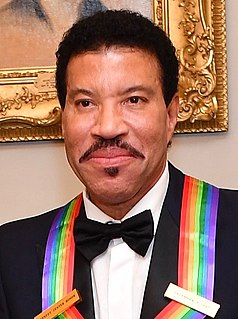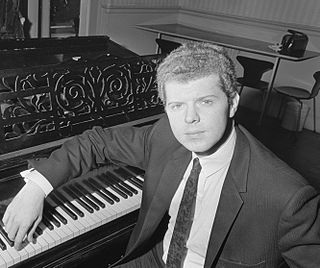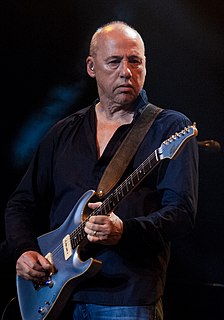A Quote by Stephen Mallinder
We were working in entertainment, in the music industry, with popular music, it was important, but it was something that we also felt was a responsibility.
Related Quotes
Early American music and early folk music, before the record became popular and before there were pop stars and before there were venues made to present music where people bought tickets, people played music in the community, and it was much more part of a fabric of everyday life. I call that music 'root music.'
There's always this talk of the industry of music and about selling records and whatever, but that ignores probably the majority of music that isn't about trying to sell itself, that isn't about being connected to any industry. There's a huge amount of music where someone just happened to have a tape recorder and turned it on or hit the red button while they were in the back of church or recording something in their front room.
The lack of quality dance music and the fact that here in the United States, house music is not seen as anything viable by the music industry. I figured that this might be another shot at the industry looking at the possibilities of house music and giving it a little bit more legitimacy than what they give it. It's a host of different things, but it's something that I needed to say musically.
A lot of people ask me, 'How did you have the courage to walk up to record labels when you were 12 or 13 and jump right into the music industry?' It's because I knew I could never feel the kind of rejection that I felt in middle school. Because in the music industry, if they're gonna say no to you, at least they're gonna be polite about it.



































